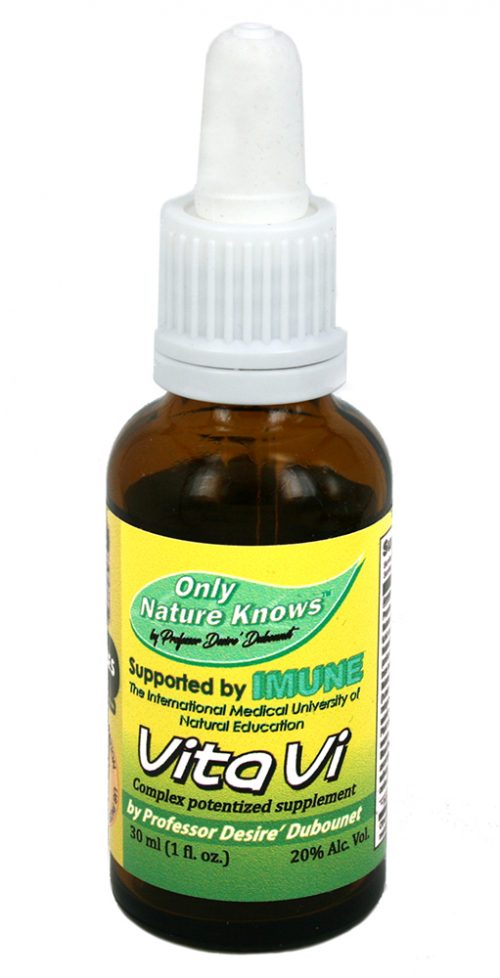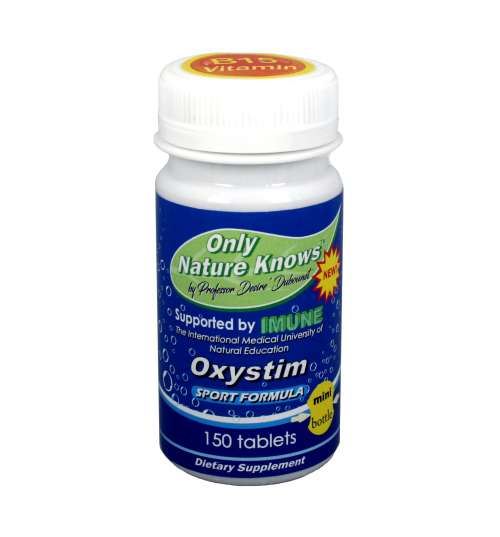Description
Echinacea root, maca, and areca catechu have been studied for their potential to support adrenal health and stress response, largely due to their adaptogenic and phytochemical properties. Here’s a look at each one and its potential role in adrenal support:
Echinacea Root (Echinacea spp.)
Echinacea root is known for its immune-modulating properties, but recent studies also indicate it may have a role in stress adaptation by influencing adrenal function. Echinacea contains compounds like alkylamides that interact with cannabinoid receptors, which are connected to stress management and inflammation modulation in the body. By regulating these pathways, Echinacea may contribute to adrenal resilience and an improved response to physical and mental stress.
Studies show that Echinacea alkylamides can engage cannabinoid receptors, which may have indirect effects on cortisol modulation and immune response under stress Echinacea is found to improve mental and physical resilience in animal models under chronic stress conditions, which may translate into reduced strain on adrenal glands .
Highly effective treatments for pain and fatigue; treating adrenal insufficiency naturally
DOI: article
Echinacea: nature’s immune enhancer
DOI: article
The naturopathic approach to adrenal dysfunction
DOI: article
Immunostimulants and Adaptogens from Plants
DOI: https://doi.org/10.1007/978-1-4899-1778-2_1
Lepidium meyenii – Maca root
Maca root is traditionally used as an adaptogen, which means it’s thought to support the body’s ability to handle stress. Studies suggest that maca may help regulate cortisol, the hormone produced by the adrenal glands in response to stress. Maca also contains compounds like macamides, which could help improve energy, reduce stress-related fatigue, and stabilize mood, thereby reducing strain on the adrenal system.
Maca has been observed to influence the hypothalamic-pituitary-adrenal (HPA) axis, which is central to stress response. This interaction may help buffer the adrenals against the impact of prolonged stress .
Adaptogens for Adrenal Fatigue
DOI: article
Antianxiety and anti-depressant effects of Maca
DOI: article
N-(3-Methozybenzyl)-(9Z,12Z,15Z)-octadecatrienamide from maca (Lepidium meyenii Walp.) ameliorates corticosterone-induced testicular toxicity in rats
DOI: https://doi.org/10.1039/D0FO00890G
Safety evaluation and protective effects of ethanolic extract from maca (Lepidium meyenii Walp.) against corticosterone and H2O2 induced neurotoxicity
DOI: https://doi.org/10.1016/j.yrtph.2019.104570
Effects of Peruvian Maca on Hormonal Functions
DOI: article
The Benefits of Maca Root in Hormonal Regulation and Menopausal Symptom Relief
DOI: article
Maca: An Andean crop with multi-pharmacological functions
DOI: https://doi.org/10.1016/j.foodres.2007.02.005
Areca Catechu
Areca catechu, known commonly as betel nut, contains alkaloids like arecoline, which influence the parasympathetic nervous system and have mild stimulant effects. While this can theoretically help reduce adrenal overload in low doses by providing energy without directly stimulating cortisol, it’s important to note that arecoline’s safety and efficacy are still being studied, as it can have stimulating effects that vary widely among users.
Areca catechu has been shown to have mild adaptogenic properties and to support energy levels, but caution is advised due to its potential for dependency and other health risks when misused .
Studies in traditional mee that in small, carefully controlled doses, Areca catechu may support mental alertness and energy without directly impacting the adrenal glands .
Biological Effects and Biomedical Applications of Areca Nut and Its Extract
DOI: https://doi.org/10.3390/ph17020228
A review of the traditional uses, pharmacology, and toxicology of areca nut
DOI: https://doi.org/10.1016/j.phymed.2024.156005
Areca catechu L. ameliorates chronic unpredictable mild stress-induced depression behavior in rats by the promotion of the BDNF signaling pathway
DOI: https://doi.org/10.1016/j.biopha.2023.114459
Areca catechu L.: A valuable herbal medicine against different
DOI: article
Neurological aspects of areca and betel chewing
DOI: https://doi.org/10.1080/13556210120091473
Summary and Cautions
Together, Echinaca can support adrenal function by helping the body adapt to stress, thus potentially reducing adrenal strain. However, Areca catechu, while used traditionally for energy, should be approached carefully given its stimulant effects and potential health risks.
- Alkylamides from Echinacea as Cannabinoid Receptor Ligands: A detailed study on how Echinacea compounds interact with cannabinoid receptors and influence immune modulation.
- The Effect of Echinacea on Stress Resistance: Research exploring Echinacea’s effects on stress adaptation.
- Maca and the HPA Axis: An examination of how maca affects the HPA axis and cortisol regulation in stressed animals.
- Adaptogenic Effects of Maca: A review article on maca’s adaptogenic properties and potential impact on endurance and mood.
- Areca Catechu’s Effects on the Central Nervous System: A critical review of the pharmacology of Areca catechu, with attention to its adaptogenic and stimulant properties.












